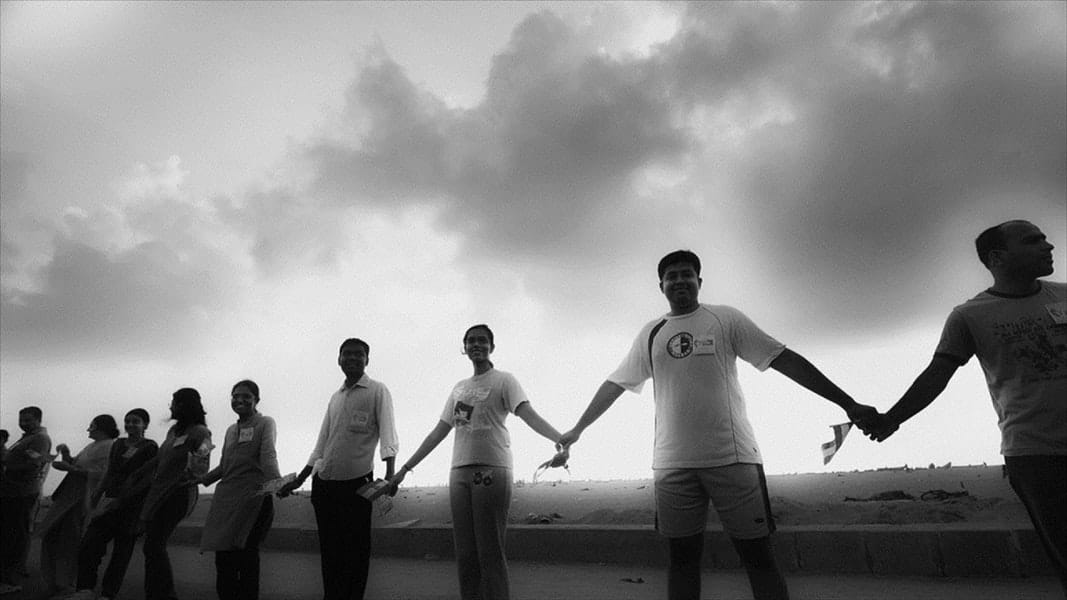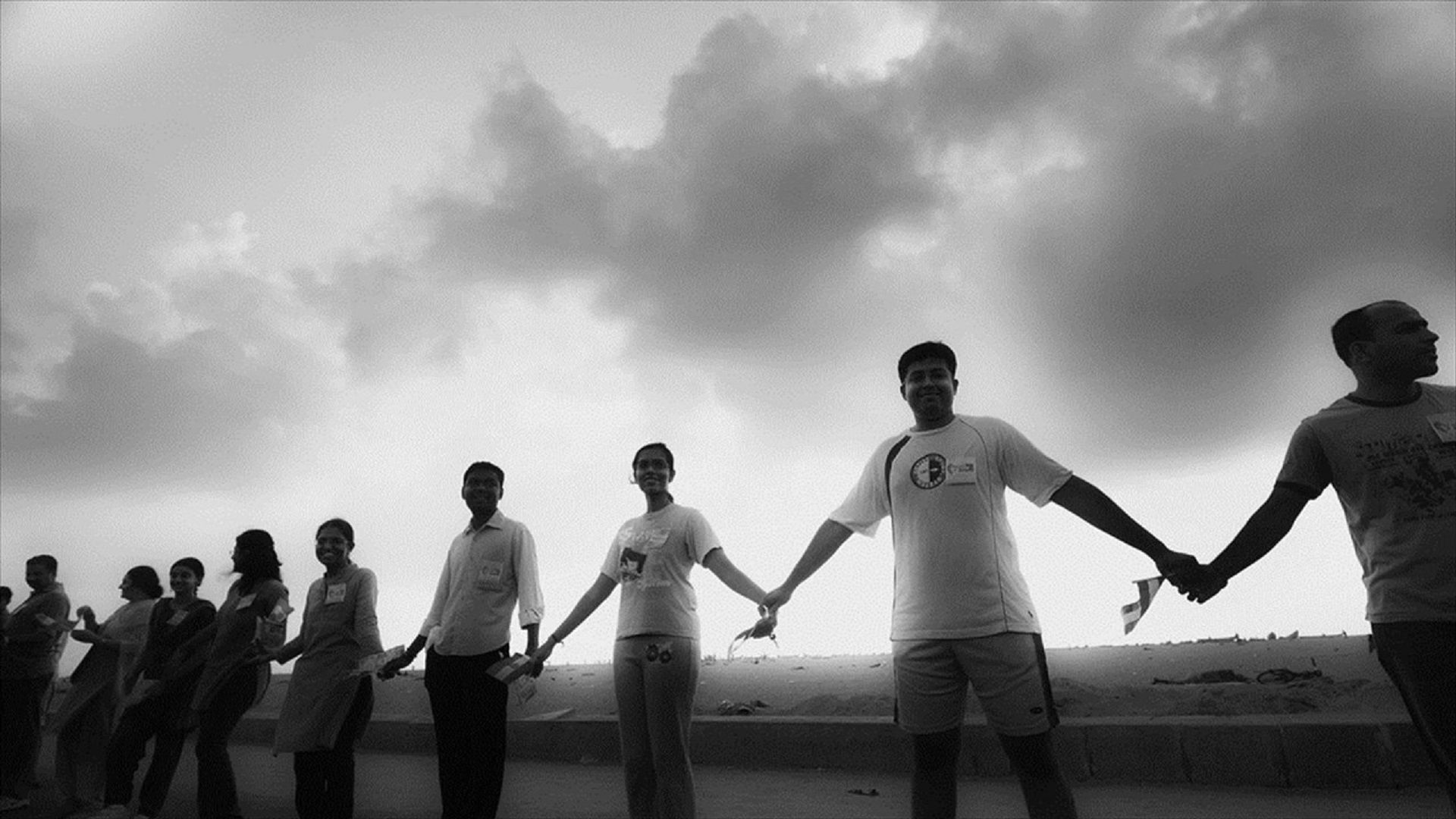#StopHateForProfit Leaves Only a Dent
Publishers who pulled ads from Facebook by July 1st have remained off the platform

The #StopHateForProfit movement called upon advertisers to boycott Facebook in July. The boycott that developed formally included more than 1,100 companies, with more organizations participating informally, such as most of the apparent participants in our world. It looked like a widespread and potentially effective wakeup call for Facebook.
Some major companies, like Unilever, Coca-Cola, and Clorox, opted to boycott Facebook even longer, hoping the controversial social media platform would get the message and improve its practices around hate speech, misinformation, disinformation, and extremism.
The groups behind #StopHateForProfit are now asking asking European firms to participate in another round of boycotting, and is hoping companies currently participating will extend their advertising boycotts.
Did the first boycott work? While Digiday reported that 56% of agency clients had stopped spending on Facebook in July because of the boycott, Madgicx found that average daily ad spend on Facebook and Instagram (via Madgicx’s platform) increased by $100 million in July, and was on track to increase by $200 million over June, accelerating in the last 10 days of July. Despite 90 of Facebook’s top 500 advertisers participating in the boycott, the lock Facebook has on the ad market and their model — built on thousands of small advertisers and integration of Instagram — proved largely resistant to the boycott. At best, #StopHateForProfit seems to have slowed Facebook’s growth for a few weeks.

Facebook has spent the summer so far making wrong kind of news. In June, a blistering report blasted Facebook’s civil rights practices, describing the company’s “vexing and heartbreaking decisions” as “significant setbacks for civil rights.”
In July, in a display of arrogance, Mark Zuckerberg brushed off the importance of the #StopHateForProfit boycott, saying:
My guess is that all these advertisers will be back on the platform soon enough.
Such high-handedness only seemed to re-energize the #StopHateForProfit movement, even as Facebook posted strong earnings and recovered from stock price losses in early July.
Is this over with? Unlikely. Just this week, some of Facebook’s anti-competitive behaviors were exposed during Congressional hearings with large technology company CEOs. Meanwhile, political lies, anti-semitic speech, and Covid-19 misinformation remain problems on the platform. Some positive steps have been made, but the boycott’s reality doesn’t seem to have hit home yet. With a US Presidential election coming and summer ending, I think we can anticipate Boycott 2.0 in the coming months.
How will organizations in scholarly and scientific publishing choose to operate relative to Facebook now? It’s unclear. Here is a recap of those companies in our space which stated their participation explicitly, or quietly pulled ads from Facebook without fanfare. I couldn’t find any ads for these organizations in July, after multiple checks.
Stated Boycott Participants
- American Academy of Family Physicians
- Annual Reviews
- Harvard Business Review Press
- Research Square
- University of California Press
- University of Toronto Press
Likely Boycott Participants, Still No Ads
- Academy of Management
- AIP Publishing
- American Academy of Neurology
- American Academy of Pediatrics
- American Association for the Advancement of Science
- American Chemical Society
- American College of Cardiology
- American College of Chest Physicians
- American College of Physicians
- American Dental Association
- American Mathematical Society
- American Physiological Society
- American Psychological Association
- American Society of Clinical Oncology
- American Urological Association
- American Veterinary Medical Association
- American Water Works Association
- BMJ
- Cambridge University Press
- De Gruyter
- EBSCO
- Elsevier
- Emerald Publishing
- Endocrine Society
- Frontiers
- Harvard University Press
- IEEE and IEEE Xplore
- Institute for Civil Engineering (ICE Publishing)
- JAMA
- JBJS
- JMIR Publications
- Johns Hopkins University Press
- Karger Publishers
- Mary Ann Liebert
- McGraw-Hill
- MIT Press
- Modern Language Association
- NEJM and NEJM Knowledge+
- Oxford University Press
- PNAS
- Project MUSE
- ProQuest
- RSNA
- Royal Society of Chemistry
- SAGE Publishing
- Springer Nature
- Taylor & Francis
- Thieme
- Wiley
- Wolters Kluwer
If you have updates or changes, please contact me.
Facebook continues to be a threat to our society on many levels, and recent news about the company is not reassuring. Zuckerberg may feel his company won this battle, but with regulators becoming more emboldened, employees more openly voicing dismay at the company’s attitudes, and dissatisfaction with the platform growing, Facebook’s leadership seems a bit more rattled and exposed than before — which is one non-financial measure of the boycott’s effect, perhaps.